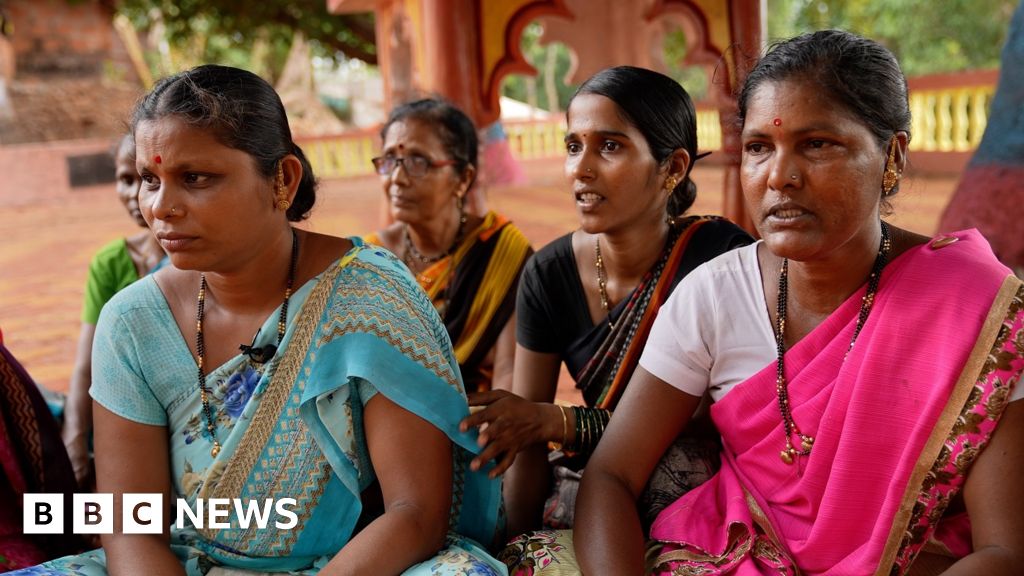
Governments are facing increasing pressure to address the significant climate impact of the shipping industry, as discussions on regulating greenhouse gas emissions within the sector loom. The International Maritime Organization (IMO) is set to hold a key meeting in the summer, where the legal responsibility of states to tackle shipping's climate impact will be deliberated. While shipping currently contributes approximately 3% of global emissions, this figure could rise significantly without decisive action. A group of island nations has sought the opinion of the international tribunal for the law of the sea on the climate crisis and marine responsibilities, arguing that states are obligated under existing maritime law to combat vessel pollution and hold the shipping industry accountable for its emissions.

Kristalina Georgieva, the Managing Director of the International Monetary Fund (IMF), emphasizes the need for urgent debt relief for poor countries suffering from the impacts of climate disasters. Ahead of a global summit on climate finance, Georgieva asserts that these countries should not be burdened with crippling debt payments, especially considering the increasing severity of extreme weather events and high interest rates. She calls for timely debt relief and advocates for innovative measures like "debt for climate swaps" to redirect funds towards greenhouse gas emissions reduction and climate resilience. Georgieva highlights the severe lack of climate finance available for developing nations and stresses the need to mobilize significant financial resources.

Climate change ministers from Australia, Canada, and New Zealand emphasize the need for a global finance pact to tackle the climate crisis effectively. They highlight the significance of international cooperation, similar to the Bretton Woods system established after World War II, to build a robust global financial architecture that supports ambitious climate action and helps limit global warming to 1.5 degrees Celsius.

A recent study published in the journal Environmental Research Letters provides valuable insights into the relocation patterns of Americans participating in the Federal Emergency Management Agency's (FEMA) buyout program. The program aims to move homeowners away from flood-prone areas and mitigate the risks associated with climate change-induced weather events. The study analyzed data from nearly 10,000 buyouts between 1990 and 2017, revealing that while many individuals chose to remain within the same floodplain, their overall flood risk decreased following relocation.

A new invention that could help address two major environmental problems: plastic pollution and greenhouse gas emissions is being developed by researchers at the University of Cambridge. Researchers have developed a solar-powered reactor that can convert both CO2 and plastic waste into sustainable fuels.

Unexpected heatwaves have hit south Bihar and adjoining regions, causing temperatures to soar to record levels. The heatwave has been attributed to climate change, which is causing temperatures to rise around the world.

A significant portion of Australians remains unaware of the extent of the biodiversity crisis, despite acknowledging the need for government action to protect the environment, reveals research conducted by the Biodiversity Council. The study, which surveyed approximately 4,050 individuals, found that only 43% of respondents were aware of Australia's high rate of mammal extinction, and just over half (54%) knew that a significant portion of the country's forests had been lost since colonization. In contrast, awareness of the climate crisis and its impact on nature was higher, with 74% of participants recognizing the direct influence of global heating on wildlife and ecosystems.

India has emerged as a frontrunner in LEED Zero green building projects, surpassing the United States and China, according to the U.S. Green Building Council (USGBC) and Green Business Certification Inc (GBCI). With 73 LEED Zero certified projects, India accounts for 45 percent of the more than 150 total LEED Zero certifications worldwide. The states of Haryana and Tamil Nadu lead the country in terms of certifications. The United States and China rank second and third, respectively, with 47 and 15 certifications. India-based real estate developer DLF leads globally with 45 certifications, followed by the ITC Group with 15 certifications.

Thousands of residents in Ratnagiri district, Maharashtra, India, are fervently protesting against the construction of the world's largest petrochemical refinery in the ecologically fragile Konkan belt. The project, backed by global giants Saudi Aramco and Abu Dhabi National Oil Company (ADNOC) in collaboration with Indian state-run oil majors, has faced vehement opposition for nearly a decade. Villagers, led by women, have taken to the streets, staging protests, hunger strikes, and even shaving their heads to express their dissent.

In this article, the author reflects on their childhood and highlights the stark contrast between the environmental concerns of the past and the overwhelming burden faced by today's children regarding the climate crisis. They emphasize the need for adults to take the lead in addressing climate change instead of placing the responsibility on children.